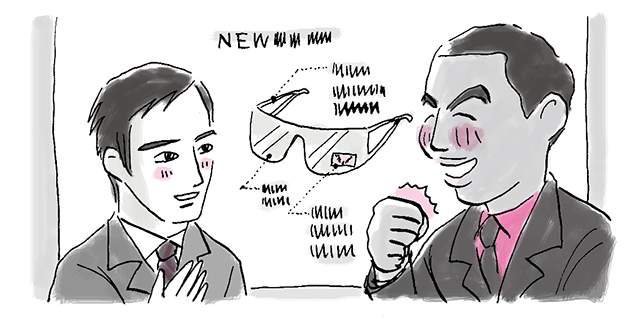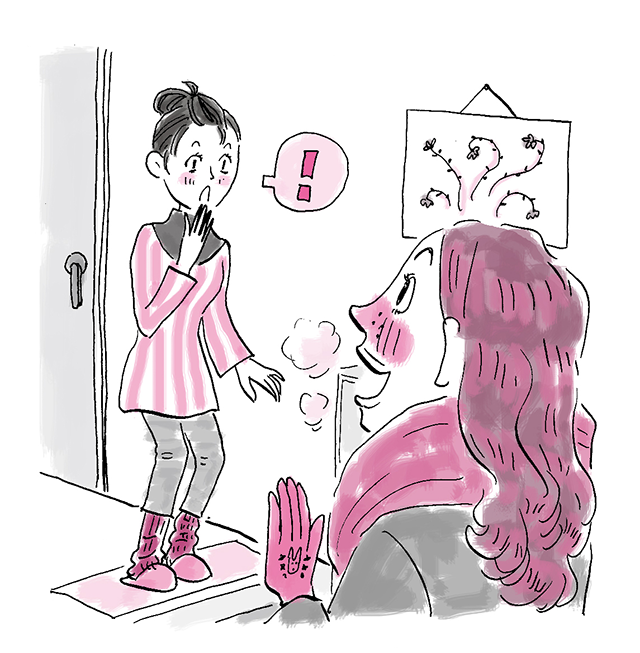Japanese Expressions that Cause Misunderstandings

Sometimes Japanese expressions are not meant to be understood verbatim. For instance, after presenting a product, a salesman from a foreign company was told by his Japanese contact, that “Watashi ha subarashii to omoimasu ga, shanai de kentou shite mimasu.” (I think this is wonderful, but I will consider it with my colleagues.) On hearing this, the salesman is pleased, believing that the client will probably purchase the product. In fact, however, in many cases like this, even if they wait a long time, they won’t receive a call back.

Praising something as “wonderful” is a kind of lip service Japanese make in consideration of the feelings of others. The word “I” implies that this person cannot make a decision independently. The expression “Shanai de kentou shimasu” is best interpreted as “I have listened to your presentation and will relate it to my colleagues and superiors.” If he really thinks it is great, he will call his superiors to sit in with him, or later you will be informed of a positive outcome. These kinds of lip service expressions are used in a variety of situations.
Politicians often use the expression, “Maemuki ni kentou shimasu” (I will proactively scrutinize this) when dealing with questions in parliament. “Maemuki” literally means “proactive,” but Japanese merely take it as being an ornamental epithet; few people expect him to scrutinize anything. When you become acquainted with someone, you might be told, “If you pass by my house, please come to see me.” However, this is also a kind of lip service, as Japanese rarely visit those they are not intimate with. In business, you might occasionally be told, “Why don’t you drop in to have tea, when you pass by the office?” However, they’ll probably feel that you’re a nuisance if you really do drop by without any purpose.
